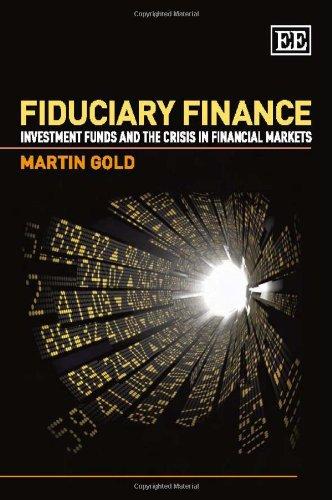Question
EpiPen Scandal* EpiPen is a brand-name syringe that is preloaded with the drug epinephrine, which is used to quickly stop an acute allergic reaction such
EpiPen Scandal* EpiPen is a brand-name syringe that is preloaded with the drug epinephrine, which is used to quickly stop an acute allergic reaction such as food allergies or bee stings that could be life threatening. In 2007, pharmaceutical company Mylan purchased the product from Merck. At that time, EpiPen earned an annual revenue of around $200 million. By 2015, annual revenue from EpiPen topped $1 billion and accounted for approximately 40 percent of Mylan's operating profits. EpiPen's profits are not the only value that has soared. Since Mylan began selling the product, it raised the cost of two EpiPens from around $100 to around $600, depending on buyers' health insurance plans. Consumer groups voiced concerns over the affordability of the drug for those who need it. Congress launched an investigation into the large price hike. Mylan CEO Heather Bresch defended the increase in price, insisting it was justified by the improvements made to the product. She explained how EpiPen could be confusing to use and caused accidental sticks by patients. The version redesigned by Mylan is more ergonomic and has a lower probability of causing injury. Mylan responded to concerns over the price increase by offering coupons for some patients for up to $300 off. The company has also introduced a generic version of EpiPen that is half the cost of the branded version. Mylan extended the public awareness of the life-saving uses of EpiPen and provided free EpiPens to over 59,000 schools. In addition, Mylan provided special discounts to New York City schools that purchased EpiPen in bulk, as long as schools did not buy competing products. This deal, however, sparked an antitrust investigation from the New York Attorney General. Mylan has blamed high-deductible insurance plans for the increased price, and Bresch has stated the need for greater transparency for drug pricing. Journalist Olga Khazan noted, however, that "one reason employers are moving to higher-deductible plans is because they're reacting to rising health-insurance costswhich are climbing in part because companies like Mylan are hiking drug prices." The costs are inescapable. EpiPens expire 18 months after manufacturing, and some patients may need to use more than one during that cycle or keep multiple EpiPens in different available locations for easy access. Describing the 12 times EpiPen saved her life, Ali Jaffe stated, "The reality is, we are spending money on a product we hope never to use, but sometimes, we don't have a choice. I'm vigilant about checking food labels and asking about ingredients at restaurants, but as anyone with food allergies will tell you, life happens."
Questions
1. What are the reasons and rationalizations that could have prompted Mylan to believe the increase in the price of EpiPen was ethically justifiable ?
2. Who are the stakeholders in this case study , and what is at stake for each group ?
3. How might viewing the situation for each stakeholders ' perspective have changed Mylan's approach to pricing ?
Step by Step Solution
There are 3 Steps involved in it
Step: 1

Get Instant Access to Expert-Tailored Solutions
See step-by-step solutions with expert insights and AI powered tools for academic success
Step: 2

Step: 3

Ace Your Homework with AI
Get the answers you need in no time with our AI-driven, step-by-step assistance
Get Started


